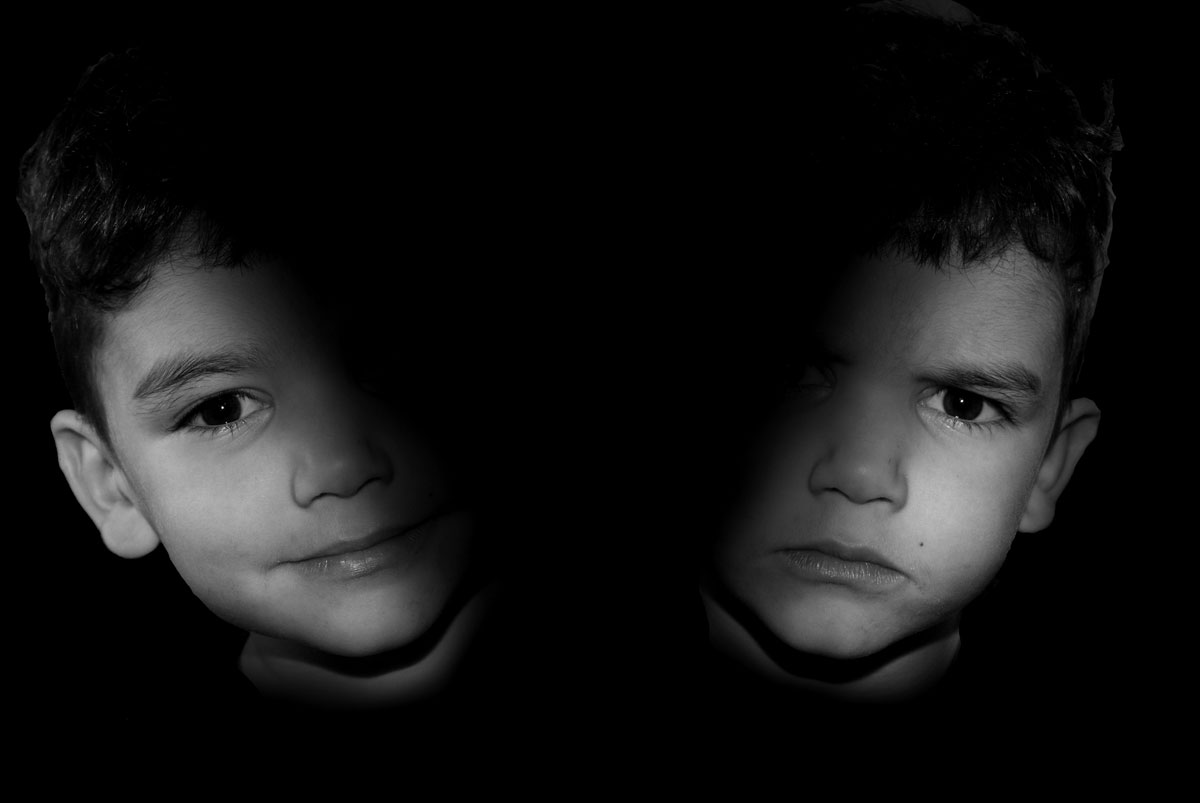
Image used for representational purposes only
Every year on March 30, the world comes together to raise awareness about a mental health disorder that affects nearly 8.7 million people in India.
What is bipolar disorder?
Bipolar disorder is a mental health condition that affects an individual’s moods, which can swing from one to another. People with bipolar disorders have extreme emotional states that occur at different times during the illness called mood episodes. These mood episodes are categorised in:
- Manic episode
- Depressive episode
Generally, people with bipolar disorders have periods of normal mood as well. Bipolar disorders can be treated, and people with these illnesses can live a normal life.
Manic phase
During a manic phase of bipolar disorder, one may:
- Feel extremely happy
- Have lots of energy, ambitious plans, and ideas
- Hyper-religious
- Spend a large amount of money on things that one cannot afford, and would not want
It’s also normal that one does:
- Not feel like eating or sleeping
- Talk quickly
- Become annoyed easily
- One may feel very creative and view the manic phase of bipolar as a positive experience.
Depressive phase
A depressive episode is a period of two weeks in which a person has at least five of the following (including one of the first two)
- Intense sadness; feeling helpless, hopeless or worthless
- Loss of interest in activities once enjoyed
- Feeling worthless or guilty
- Crying episodes
- Sleep problems – sleeping too little or too much
- Changes in appetite (increase or decrease)
- Loss of energy, fatigue
- Difficulty concentrating
- Frequent thoughts of death or suicide
Treatment for bipolar disorder
The high and low phases of bipolar disorder are often so extreme that they interfere with everyday life. However, there are several options for treating bipolar disorder that can make a difference.
The following treatment options are available:
- Medicine to prevent episodes of mania and depression – these are known as mood stabilisers, and you take them every day on a long-term basis
- Medicine to treat the main symptoms of depression and mania when they happen – Antidepressants and anti-psychotics
- Learn to recognise the triggers and signs of an episode of depression or mania
- Psychological treatment – such as psychotherapy, which can help you deal with depression, and provides advice about how to improve your coping skills
- Lifestyle advice – such as doing regular exercise, planning activities that one enjoy and give a sense of achievement, as well as improving one’s diet, and getting more sleep
Also Read About :- What links bipolar disorder and lying?


